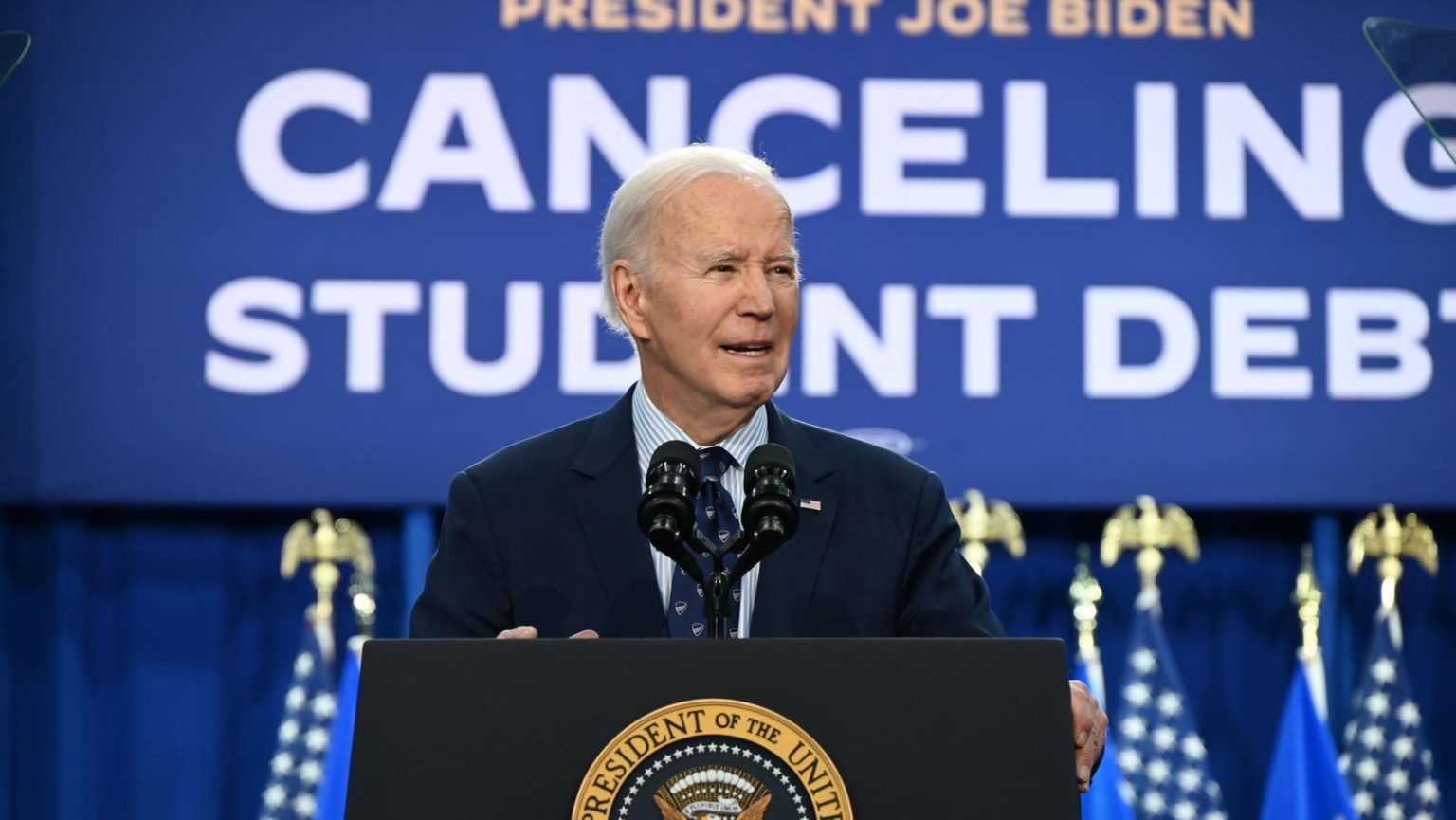The Supreme Court has recently decided to keep the Biden administration’s student loan forgiveness plan, known as the Saving on a Valuable Education (SAVE) plan, blocked amidst a court battle over its legality. The plan, aimed at providing financial relief to borrowers through income-driven repayment options, has faced opposition from Republican-led states who argue that it imposes a financial burden on states and is unlawful. Two separate lawsuits were filed challenging the program, leading to the current legal battle that has put a pause on federal student loan borrowers’ payments for the time being.
The court cases, one in Kansas (Alaska v. Department of Education) and another in Missouri (Missouri v. Department of Education), have seen district courts and circuit courts issue conflicting rulings on whether the SAVE plan should be allowed to take effect. Despite initial partial blocking, the 10th Circuit Court of Appeals and the 8th Circuit Court of Appeals have sided with the GOP-led states, leading to the Supreme Court’s recent decision to keep the program blocked entirely until a final ruling is issued by the 8th Circuit.
While the exact timeline for a final ruling remains uncertain, borrowers enrolled in the SAVE plan will see their loans put in forbearance, meaning they won’t need to make payments for the time being. Interest won’t accrue during this forbearance period, and any time spent in forbearance won’t count towards loan forgiveness. The Education Department has assured borrowers that they will receive regular updates on the evolving court dispute as it progresses.
The Biden administration introduced the SAVE plan in August 2023 as a replacement for the Revised Pay-As-You-Earn (REPAYE) plan, offering more generous forgiveness terms and repayment options for borrowers. Changes under the new plan include shorter repayment periods for loan forgiveness, reduced monthly payments based on income percentage, and expanded eligibility for $0 monthly payments for lower-income borrowers. These adjustments were justified under federal rules governing income-driven repayment plans.
The scale of the impact of the 8th Circuit’s ruling on the SAVE plan remains unclear, with concerns that it could extend to other student loan forgiveness programs outside of the current legal battle. Despite criticism from Education Secretary Miguel Cardona and ongoing efforts to clarify the ruling, more than 8 million federal student loan borrowers are affected by the ongoing uncertainty surrounding the SAVE program. The Biden administration’s broader efforts to address student loan forgiveness have faced legal challenges and opposition from Republicans, leading to a complex and evolving landscape for borrowers seeking relief.


